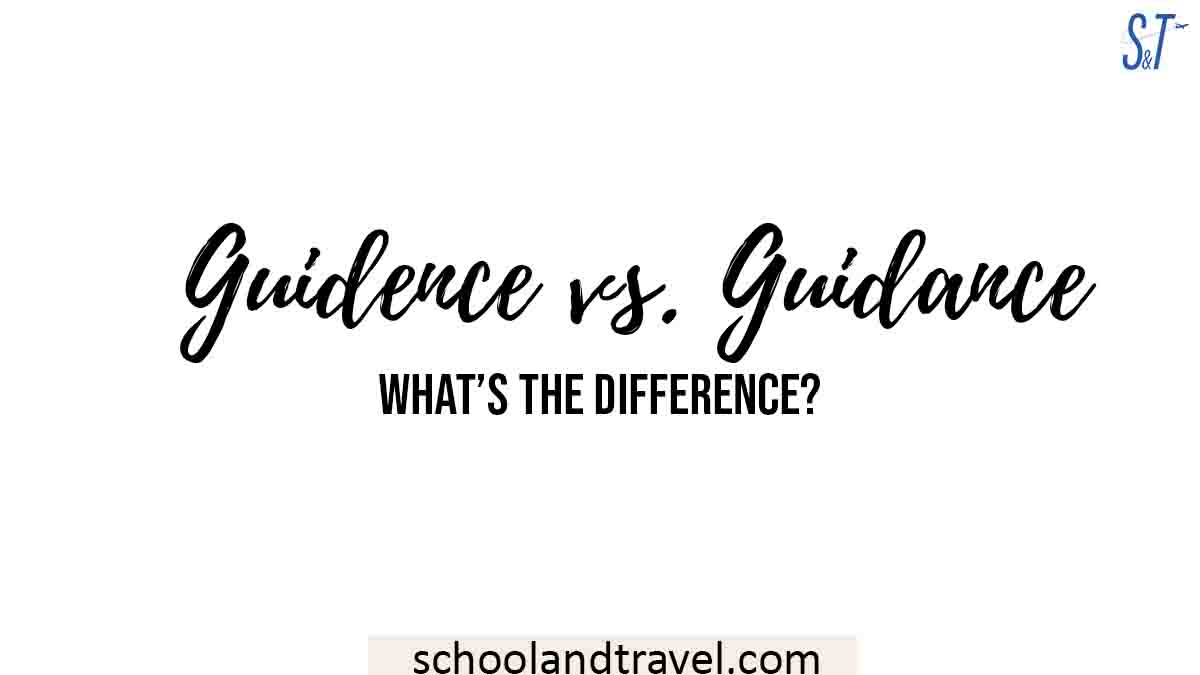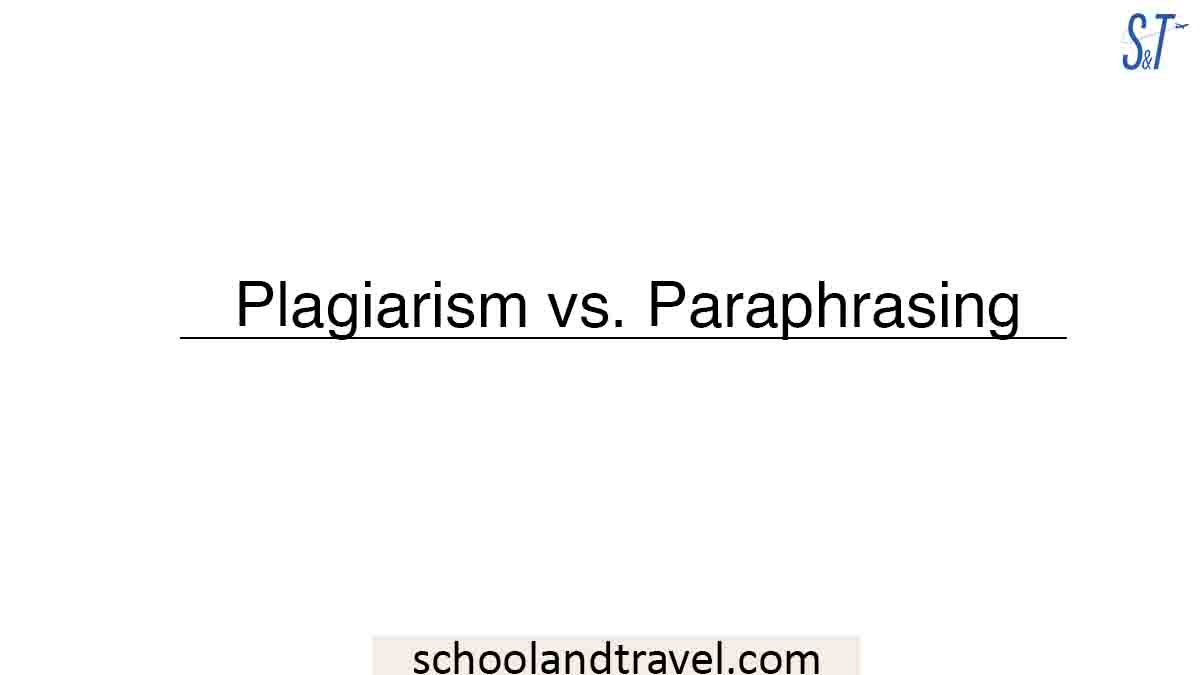Yesterday, I rode my horse to the park, when I got there, I told my colleagues about how far I had ridden. They wanted to get a ride with me but when they got outside they saw I was riding a horse.
It is very surprising to see that you must have understood all the words and perfectly too. Even the tenses in which they were written. This is a very interesting aspect of the language, but this might be difficult if you are a nonspeaker.
Now if you are having issue with these words rode, ride or ridden then this article is meant for you. Understanding the differences between these words can be very challenging but I will make it as easy as possible here.
Another important thing is that once you learn these and their usages, it is advisable that you make use of them as often as possible. Before we continue we will talk about verbs in general.
Ridden or Rode
Verbs
A verb is an action or doing word. It describes an action that has taken place, will take place or is about to take place. You can’t describe anything you are doing or what someone is doing without making use of an action word. We have two types of verbs. They are regular and irregular verbs.
Regular verbs follow a particular pattern during conjugation unlike irregular verbs. Examples of regular verbs: work, walk, talk, sign, cook, brush, press, wash, watch, clean e.t.c
Examples of irregular verbs: eat, cry, write, sleep, ride, wake, drive, rise, see, think, sweep etc.
Ridden or Rode
Infinitive Verbs
This is an action or a doing word that has ‘to’ before it. This is normally the root of the verbs. Example, to ride, to eat, to drink, to sit, to write, to run, to wave, to sleep, to work e.t.c
They cannot be conjugated, you can’t add -ing, -s, or -ed at the end of the word.
The Different Tenses
Verbs are broken into different tenses. We have simple present tense, simple past tense, past continuous, past perfect, past perfect continuous tense e.t.c
To understand the difference between ride, rode and ridden, we must identify their tenses.
Read this: Granpa vs. Grandpa – What’s the difference?
Conjugation of the word ride in different tenses
– Present Tense
- I ride
- You ride
- He/she/it rides
- We ride
- You ride
- They ride
– Present Continuous Tense
- I am riding
- You are riding
- He/she/it is riding
- We are riding
- You are riding
- They are riding
– Simple Past Tense
- I rode
- You rode
- He/she/it rode
- We rode
- You rode
- They rode
Ridden or Rode
– Past Continuous Tense
- I was riding
- You were riding
- He/she/it was riding
- We were riding
- You were riding
- They were riding
– Present Perfect Tense
- I have ridden
- You have ridden
- He/she/it has ridden
- We have ridden
- You have ridden
- They have ridden
– Present Perfect Continuous Tense
- I have been riding
- You have been riding
- He/she/it has been riding
- We have been riding
- You have been riding
- They have been riding
– Past Perfect Tense
- I had ridden
- You had ridden
- He/she/it had ridden
- We had ridden
- You had ridden
- They had ridden
Ridden or Rode
– Past Perfect Continuous Tense
- I had been riding
- You had been riding
- He/she/it had been riding
- We had been riding
- You had been riding
- They had been riding
– Future Tense
- I will ride
- You will ride
- He/she/it will ride
- We will ride
- You will ride
- They will ride
– Future Continuous Tense
- I will be riding
- You Will be riding
- He/she/it will be riding
- We will be riding
- You will be riding
- They will be riding
Read this: Gaurd or Guard – Which is correct?
– Future Perfect Tense
- I will have ridden
- You will have ridden
- He/she/it will have ridden
- We will have ridden
- You will have ridden
- They will have ridden
– Future Perfect Continuous Tense
- I will have been riding
- You will have been riding
- He/she/it will have been riding
- We will have been riding
- You will have been riding
- They will have been riding
Ridden or Rode
Ride
This is the simple present tense of the word ‘to ride’. Examples using the word ride
- I ride the phony horse every morning.
- They went with me for a ride in the van.
- I ride all the time.
- My friend asked that I ride his car.
- I don’t ride horses.
Rode
This is the simple past tense of the word ‘to ride’. It is used when referring to an action done in the past. These are few examples using the word “rode”.
- They rode with me up the hill.
- He rode as if he was one with the horse.
- He rode past her like they have never been in contact.
- They rode slowly on their way back home.
- He rode 15 miles on his way home, yesterday.
Ridden or Rode
Ridden
This is the past participle of the verb to ride. It requires the help of an auxiliary verb. Have or has.
These are some examples:
- I have never ridden a horse in my life before.
- My friend has ridden on the Eye of London before.
- He has ridden in my car before.
Read more: Advize vs Advice vs Advise – What’s the difference






